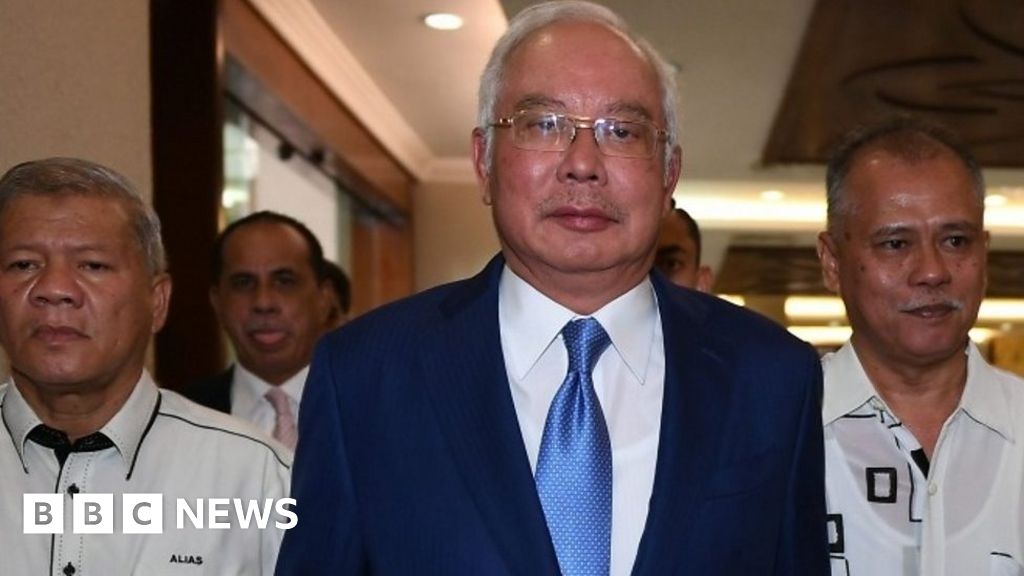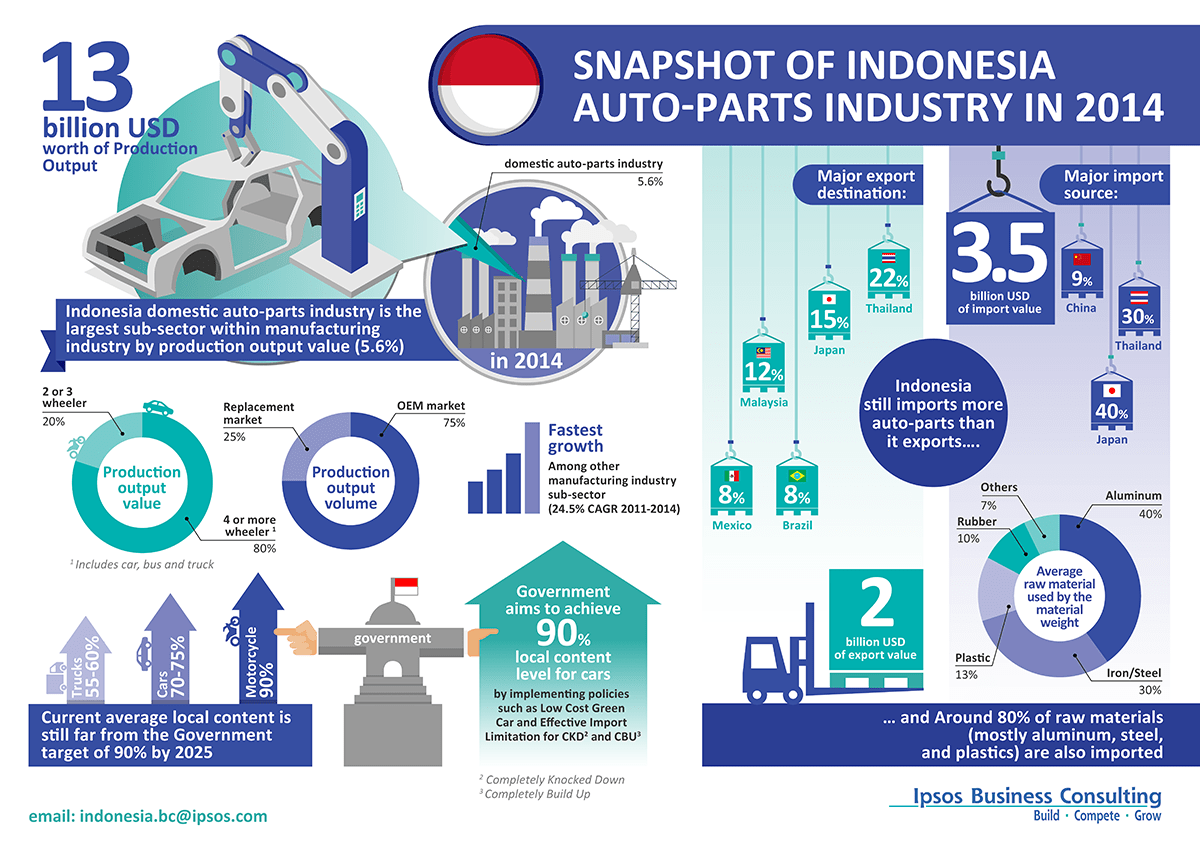Reopening The Dreyfus Affair: Lawmakers Advocate For Posthumous Promotion

Table of Contents
The Injustice of the Dreyfus Affair: A Recap
The Dreyfus Affair, a watershed moment in French history, remains a potent symbol of antisemitism and judicial failure. Alfred Dreyfus, a Captain in the French Army, was falsely accused of treason in 1894, a charge fueled by rampant antisemitism within the French military establishment. The subsequent events highlight a deeply flawed judicial process:
- False accusations of treason: Dreyfus was accused of leaking military secrets to the Germans, based on flimsy and fabricated evidence.
- Secret military trial and conviction: The trial was conducted behind closed doors, denying Dreyfus a fair and transparent process. He was swiftly convicted based on prejudiced assumptions rather than concrete proof.
- Exile to Devil's Island: Following his conviction, Dreyfus was unjustly exiled to Devil's Island, a penal colony off the coast of French Guiana.
- Picquart's discovery of evidence pointing to the real culprit: Major Georges Picquart, a fellow officer, later discovered evidence that pointed to another officer, Ferdinand Walsin Esterhazy, as the true traitor.
- Zola's "J'accuse" and its impact: Émile Zola's powerful open letter, "J'accuse…!", exposed the injustice and sparked widespread public outrage, galvanizing support for Dreyfus.
- Dreyfus's eventual exoneration: After years of struggle and a retrial, Dreyfus was finally exonerated, though his reputation and career had been irreparably damaged.
The Dreyfus Affair exemplifies the dangers of unchecked antisemitism, a flawed justice system, and the importance of fighting for truth and justice, even in the face of overwhelming opposition. The injustice suffered by Alfred Dreyfus remains a stark reminder of the fragility of justice and the enduring power of prejudice.
Arguments for Posthumous Promotion
The case for posthumous promotion for Alfred Dreyfus rests on a strong moral imperative to recognize the profound injustice he endured. Advocates argue that:
- Symbol of atonement for historical wrongs: A posthumous promotion would serve as a powerful symbol of national atonement for the historical wrongs inflicted upon Dreyfus. It would acknowledge the state's failure to protect him from blatant antisemitism and a deeply flawed judicial process.
- Recognition of Dreyfus's unwavering patriotism despite the ordeal: Despite the immense suffering he endured, Dreyfus remained steadfast in his loyalty to France. His unwavering patriotism, even in the face of persecution, deserves recognition.
- Restoring Dreyfus's honor and reputation: The posthumous promotion would help to restore Dreyfus's honor and reputation, which were unjustly tarnished by the false accusations and subsequent conviction.
- Setting a precedent for acknowledging past judicial errors: Granting the promotion would set a crucial precedent for acknowledging past judicial errors and their devastating impact on individuals.
- Addressing the legacy of antisemitism in France: The promotion offers an opportunity for France to confront its legacy of antisemitism and demonstrate its commitment to combating prejudice and discrimination.
Arguments Against Posthumous Promotion
While the moral arguments for posthumous promotion are compelling, counterarguments exist, highlighting the complexities of this issue:
- Potential for reopening old wounds: Some argue that a posthumous promotion might reopen old wounds and reignite divisive historical debates.
- Arguments that the current symbolic recognition is sufficient: Others believe that the existing symbolic recognition of Dreyfus's innocence is sufficient and that further action is unnecessary or even inappropriate.
- Concerns about setting precedents for similar cases: There are concerns about setting precedents for similar cases, potentially opening the floodgates for requests for posthumous promotions in other instances of historical injustice.
- Differing opinions on the appropriate level of compensation: Debate exists concerning the appropriate level of compensation for the injustice Dreyfus suffered – a promotion might not be seen as sufficient by some.
The Current Political Landscape: Lawmakers and Public Opinion
The push for Alfred Dreyfus's posthumous promotion is gaining momentum within the French political landscape. Several lawmakers have publicly voiced their support, emphasizing the moral imperative of rectifying this historical injustice. Public opinion remains divided, however, with surveys revealing a range of views on the matter. The potential obstacles include resistance from those who believe the existing symbolic recognition is enough, as well as concerns about the potential for further divisive debate. Any relevant historical anniversaries or commemorations related to the Dreyfus Affair will likely influence the intensity of the political debate surrounding this sensitive issue.
Conclusion: Reopening the Dreyfus Affair: A Path to Justice
The debate surrounding the posthumous promotion of Alfred Dreyfus highlights the enduring legacy of this pivotal historical event. While counterarguments exist, emphasizing the potential for further debate and the sufficiency of existing symbolic recognitions, the compelling moral arguments for a posthumous promotion cannot be ignored. The symbolic weight of such an act would be significant – an acknowledgment of historical injustice, a testament to Dreyfus's unwavering patriotism, and a step towards national reconciliation. The debate surrounding the posthumous promotion of Alfred Dreyfus is far from over. Let's continue the conversation and work towards a just resolution to this historical injustice. Learn more about the Dreyfus Affair and voice your opinion on whether a posthumous promotion is warranted.

Featured Posts
-
 Should You Buy Apple Stock Now Wedbushs Take After Price Target Drop
May 25, 2025
Should You Buy Apple Stock Now Wedbushs Take After Price Target Drop
May 25, 2025 -
 Tisice Prepustenych Kriza Zasiahla Najvaecsie Nemecke Spolocnosti
May 25, 2025
Tisice Prepustenych Kriza Zasiahla Najvaecsie Nemecke Spolocnosti
May 25, 2025 -
 Silence Impose L Action De La Chine Pour Museler Les Dissidents En France
May 25, 2025
Silence Impose L Action De La Chine Pour Museler Les Dissidents En France
May 25, 2025 -
 Marks And Spencers 300m Cyber Security Breach Details And Impact
May 25, 2025
Marks And Spencers 300m Cyber Security Breach Details And Impact
May 25, 2025 -
 Hawaii Keikis Memorial Day Lei Making Poster Contest A Showcase Of Talent
May 25, 2025
Hawaii Keikis Memorial Day Lei Making Poster Contest A Showcase Of Talent
May 25, 2025
Latest Posts
-
 New Evidence Implicates Najib Razak In French Submarine Bribery Case
May 25, 2025
New Evidence Implicates Najib Razak In French Submarine Bribery Case
May 25, 2025 -
 The Problem With Thames Waters Executive Bonus Structure
May 25, 2025
The Problem With Thames Waters Executive Bonus Structure
May 25, 2025 -
 Addressing Stock Market Valuation Worries Insights From Bof A
May 25, 2025
Addressing Stock Market Valuation Worries Insights From Bof A
May 25, 2025 -
 Chinas Impact How The Auto Industry Responds To Evolving Market Dynamics
May 25, 2025
Chinas Impact How The Auto Industry Responds To Evolving Market Dynamics
May 25, 2025 -
 The Dark Side Of Disaster Exploring The Market For Los Angeles Wildfire Bets
May 25, 2025
The Dark Side Of Disaster Exploring The Market For Los Angeles Wildfire Bets
May 25, 2025
